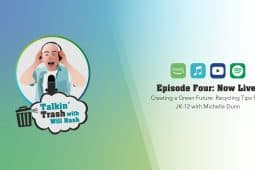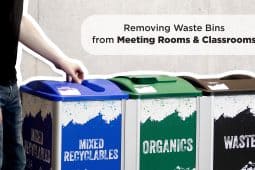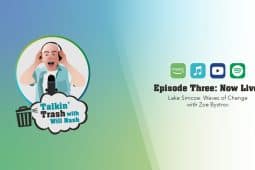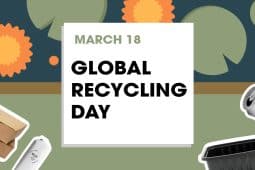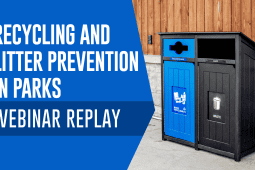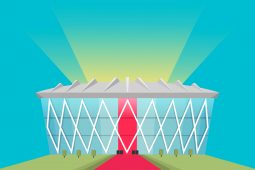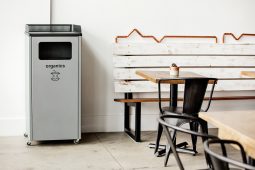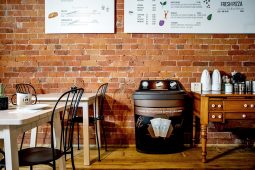With waste continuing to be a growing problem, more alternatives to the landfill are needed. One of these solutions is composting. You read that correctly, that black, soil-like substance gardener’s make for their plants can help in reducing waste. Part of recycling is reusing and composting accomplishes this by allowing you to reuse your organic waste in a way that benefits both the environment and your garden.
So whether you have a green thumb or are just looking for a way to cut down on waste, roll up those sleeves and get down and dirty with compost!
![]()
No More Pondering on Pesticides and Fears of Fertilizers
A major benefit of compost is the fact that it provides nutrients to plant life and fortifies soil. It contains the same nutrients found in fertilizers but releases these nutrients slowly into the soil to allow plants to have a continual supply. At the same time, compost can also act as a natural pest control while promoting organisms that benefit the soil.
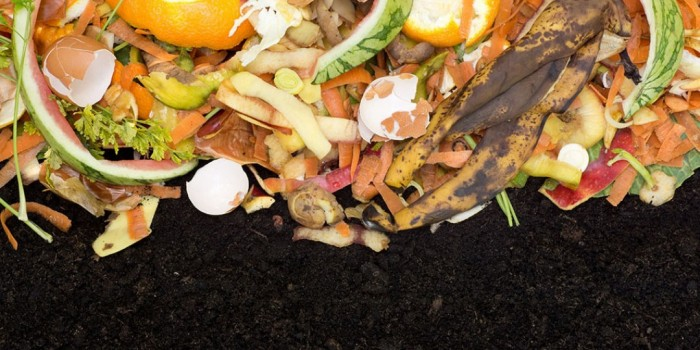
This means you won’t have to rely on pesticides or fertilizers in the garden. If you do feel the need to use fertilizer, compost can fortify the soil to hold those nutrients for longer periods, allowing plants to access them when needed and preventing them from entering the water table.
![]()
Ridding Rotting Rations
Food waste is an ever growing problem that needs to be addressed. Despite our best efforts, food still ends up not being eaten and will eventually spoil. The composter is the best place for them because, though not edible for us, there are still nutrients that can be used in the garden.
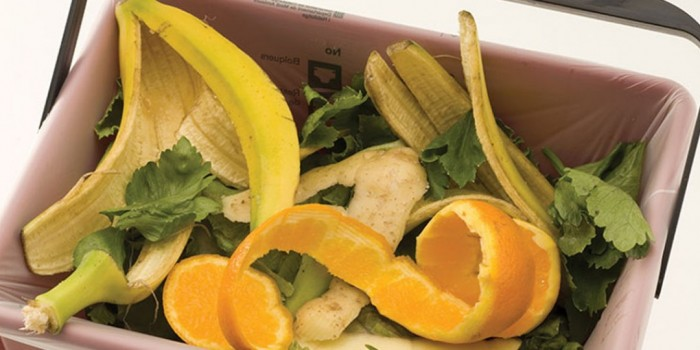
It is best advised that when dealing with food and compost (especially for those new to the project) to stick with things like vegetable peels, fruit, eggshells, coffee grounds, and tea leaves. This is because if not handled properly, cooked foodstuffs like meat, oils, and dairy can undermine the composting process, create odors, and attract unwelcome pests.
If you do want to introduce cooked food, start with steamed vegetables first, that way you avoid causing any of the problems previously listed.
![]()
Not Just Food…
Compost doesn’t mean just food, it also means trash. But hold on, just because you can put rubbish into your compost doesn’t mean it should become your own landfill.Items like PET plastics and aluminum can’t be composted and belong in the blue bin.
Even some things that are biodegradable such as treated wood products or animal and human refuse can still be harmful to the environment or carry disease and do not belong on you compost pile as it will diminish the quality of your “black gold”. Other non-edible products that can be added to your compost pile include unbleached paper, cardboard, and newsprint. Also, waste items like cotton balls, pet fur, human hair, and even vacuum dust can go in the composter.

Whether you have a compost pile in your backyard or curbside organic collection in your neighborhood, keeping food waste out of landfills prevents the release of methane into the atmosphere, which otherwise could exacerbate global warming and create offensive odors that might then waft through surrounding areas.

Unless we want a smelly, meteorologically confused planet on our hands, we need to keep the food waste in our trash to a minimum.
![]()
Sources:
“Can you compost paper towels?” David Suzuki Foundation. http://www.davidsuzuki.org/what-you-can-do/queen-of-green/faqs/composting/can-you-compost-paper-towels/. Accessed May 11, 2016.
“Compost your food scraps.” David Suzuki Foundation. http://www.davidsuzuki.org/what-you-can-do/food-and-our-planet/start-composting-your-food-scraps/. Accessed May 11, 2016.
Day, Julie. “How to Compost Cooked Foods, Meats, and Dairy.” Today’s Home Owner. http://www.todayshomeowner.com/how-to-compost-cooked-foods-meats-and-dairy/. Accessed May 11, 2016.
Queen of Green. “Backyard Composting Dos and Don’ts.” David Suzuki Foundation. http://www.davidsuzuki.org/what-you-can-do/downloads/qog-composting.pdf. Accessed May 11, 2016.
Somerville, Madeleine. “10 Weird Things You Can Actually Compost.” Earth 911. March 30, 2016. http://earth911.com/home-garden/compost-10-weird-things/. Accessed May 11, 2016.
Washington State University. “Compost Benefits & Uses.” Compost Fundamentals. http://whatcom.wsu.edu/ag/compost/fundamentals/benefits_benefits.htm. May 10, 2016.
![]()


